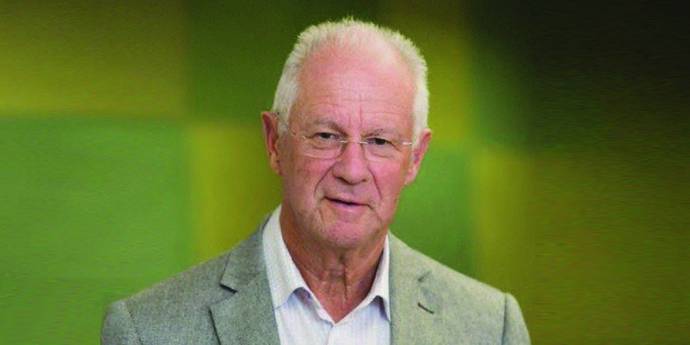Christmas wish granted for Pasifika leaders
Christmas has come early for 17 leaders of Pacific descent who have been selected for the Tautua Mentoring Programme 2025.

Rick Christie CFInstD reflects on his experiences with the IoD’s Mentoring for Diversity programme.
My mentoring journey commenced in 2011, which was shortly after the inception of the programme itself. I am now with my sixth mentee and still enjoying it, so I have been encouraged to record some of my thoughts about the experiences with the various mentees I have worked with – all women but each very different.
First, although the criteria in terms of experience for mentoring are demanding, my mentees came from a variety of backgrounds ranging from relatively experienced directors and managers, to relative “newbies” and each one requiring a different approach.
Second, as expected, all had a strong desire to progress their Governance careers. However their expectations varied with regard to how having a mentor might assist with this. These ranged from single-mindedly wishing to secure more directorships to a need to improve their own director or chair skillsets and/or seek advice on how to deal with specific situations they were encountering within their existing board positions.
An important first question is always, why? Mentors need to understand what has motivated the mentee and the answer is not always clear cut. It follows that the first meeting is about getting to know and trust each other, at a personal level, to enable “a free and frank” exchange of views as a precursor to a productive
mentoring experience. I believe it is up to the mentor to create the right atmosphere for this to occur. The confidentiality and trust, between mentor and mentee needs to prevail, both through the mentoring, and beyond.
While mentees have varying needs, there are some common themes. Advice on developing a suitable CV, helping with letters of application for specific positions (or unsolicited approaches to prospective chairs), and advice on individual profile building are often seen as helpful by mentees.
Hand in hand with this is a process for being more selective about particular industries and companies or preferred sectors. In my view it is important for mentees to have preferences for certain sectors where they feel they have relevant knowledge and experience to offer, rather than just shoot for whatever comes along. I will ask the mentee to research and work through NZX-listed companies, identifying chairs and board members who may be approachable (through IoD or other networking opportunities) and, in the case of female mentees, where there is a lack of diversity on a board or where there may be vacancies coming up.
In some cases I have used my own contacts to arrange introductions to chairs or directors but, obviously, only where I think the mentee had relevant qualifications and could be a good appointment.
Government appointments and NFP roles can be useful additions to a mentee’s portfolio of boards, but some mentees have consciously sought to build their private-sector roles to achieve more balance, and better remuneration.
Modelling suitable behaviours and language can also be helpful, especially when planning for specific interviews. There are differences between how to manage interviews for management positions, (which most mentees are familiar with), and interviewing for board roles, eg how to be quietly confident and not over enthusiastic, and to be genuinely interested in the company itself, and not just the board role.
The red line between governance and management can also arise, often where the mentee has been invited to join a board only to find that they are quickly drawn into becoming an executive director, or even being the CEO. This can be uncomfortable, and even risky, for the mentee so my advice is to be on guard against this arising, and avoid it, if a governance career is the real objective.
The mentor can be a very valuable source of advice for the mentee in dealing with difficult situations which can arise with existing, or imminent appointments. With the latter, thorough due diligence is essential and mentors can offer valuable advice on this. With the former, I think mentees appreciate the opportunity to share their concerns with an experienced director and get advice on what to do. This has been the case with nearly all of my mentees.
In some cases I still get phone calls, even after the formal mentoring is over. It is probably for others, especially the mentees, to decide on the value of the programme, and the latest survey of mentees for the 2018-2019 period seems pretty positive on most aspects.
Although most of the mentees to date have been females, there is a new emphasis on diversity per se, to embrace ethnicity, and wider skillsets such as science and engineering, which are not widely represented on NZ boards. I have personally enjoyed the experience and would urge other senior directors to consider becoming a mentor.
Looking for an opportunity to learn from one of New Zealand’s top directors? Learn about our Mentoring for Diversity programme
This article is featured in Boardroom issue Feburary March 2020